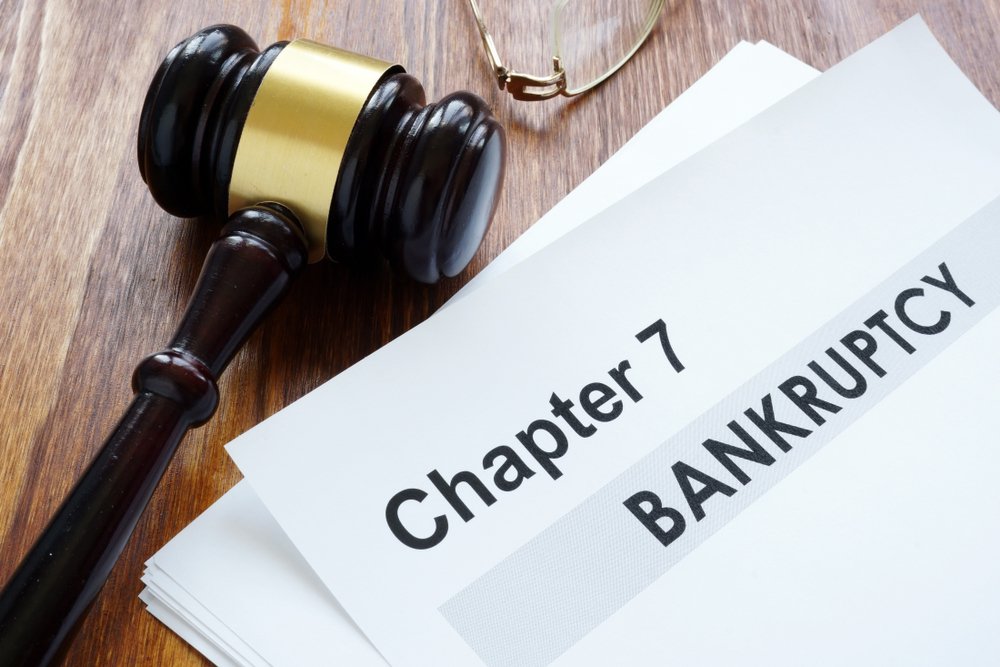
Overview of chapter 7 bankruptcy eligibility
Bankruptcy is designed to give people who need it a fresh start financially. For people in New York, Chapter 7 may be a viable option. Businesses, including partnerships, are also eligible for Chapter 7, but only qualified individuals will be able to discharge their debts. However, certain requirements must be met to file the action, and not all debts will be discharged. Property liens, for example, will not be affected by completing the bankruptcy process.
The Bankruptcy Code allows business entities and individual persons to file for chapter 7. People or entities do not have to be solvent to file. However, individuals who had a bankruptcy petition dismissed because they failed to appear or failed to comply with court orders must wait at least 180 days to file again. If a debtor dismissed their case voluntarily because creditors tried to take back property because of liens, the same rule applies.
Another requirement for filing for Chapter 7 bankruptcy is completing credit counseling. Individuals must have attended counseling within 180 days of their filing. The counseling must be performed by an approved agency, and any plans for debt management created during counseling must be given to the bankruptcy court. Sometimes, an exception to counseling is made for emergencies. In addition, if a bankruptcy administrator deems that there are not enough approved credit counseling agencies to give the necessary counseling, then an exception is made.
People might also need to meet income and expense requirements to file for Chapter 7. An attorney could review a debtor’s situation to determine whether he or she is eligible to file. An attorney could also file the necessary paperwork and possibly prevent any creditor harassment.
Source: United States Courts, “Chapter 7 Eligibility“, October 16, 2014

